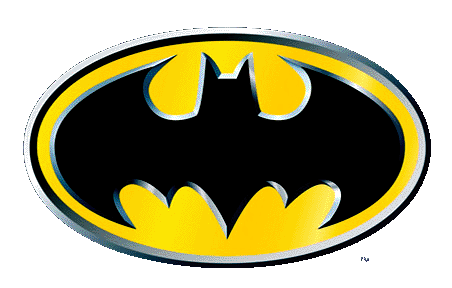Prolific writer-philosopher Slavoj Žižek pontificates on what The Dark Knight Rises means to say about “radical” movements such as Occupy Wall Street:
…It is all too simple to claim that there is no violent potential in [Occupy Wall Street] and similar movements – there IS a violence at work in every authentic emancipatory process: the problem with the film is that it wrongly translated this violence into murderous terror…
Is, then, this all? Should the film just be flatly rejected by those who are engaged in radical emancipatory struggles? Things are more ambiguous, and one has to read the film in the way one has to interpret a Chinese political poem: absences and surprising presences count. Recall the old French story about a wife who complains that her husband’s best friend is making illicit sexual advances towards her: it takes some time till the surprised friend gets the point – in this twisted way, she is inviting him to seduce her… It is like the Freudian unconscious which knows no negation: what matters is not a negative judgment on something, but the mere fact that this something is mentioned – in The Dark Knight Rises,people’s power IS HERE, staged as an Event, in a key step forward from the usual Batman opponents (criminal mega-capitalists, gangsters and terrorists).
Here we get the first clue – the prospect of the OWS movement taking power and establishing people’s democracy on Manhattan is so patently absurd, so utterly non-realist, that one cannot but raise the question: WHY DOES THEN A MAJOR HOLLYWOOD BLOCKBUSTER DREAM ABOUT IT, WHY DOES IT EVOKE THIS SPECTER? Why even dream about OWS exploding into a violent takeover? The obvious answer (to smudge OWS with accusations that it harbors a terrorist-totalitarian potential) is not enough to account for the strange attraction exerted by prospect of “people’s power.” No wonder the proper functioning of this power remains blank, absent: no details are given about how this people’s power functions, what the mobilized people are doing (remember that Bane tells the people they can do what they want – he is not imposing on them his own order).
This is why external critique of the film (“its depiction of the OWS reign is a ridiculous caricature”) is not enough – the critique has to be immanent, it has to locate within the film itself a multitude signs which point towards the authentic Event. (Recall, for example, that Bane is not just a brutal terrorist, but a person of deep love and sacrifice.) In short, pure ideology isn’t possible, Bane’s authenticity HAS to leave trace in the film’s texture. This is why the film deserves a close reading: the Event – the “people’s republic of Gotham City”, dictatorship of the proletariat on Manhattan – is immanent to the film, it is its absent center.
Meanwhile, over at New York Magazine, Jonathan Chait zooms out on how the film industry’s leftist politics translates itself into cultural clout as well:
By now, conservatives have almost completely stopped complaining about Hollywood, even as the provocations have intensified. What passes for a right-wing movie these days is The Dark Knight Rises, which submits the rather modest premise that, irritating though the rich may be, actually killing them and taking all their stuff might be excessive. In the course of a generation we have come from a world in which the gentle liberalism of Murphy Brown incited furious right-wing denunciations to one in which the only visible political controversy surrounding Girls—a show that’s basically a 30-minute-long Dan Quayle aneurysm—was its lack of racial diversity…
This capacity to mold the moral premises of large segments of the public, and especially the youngest and most impressionable elements, may or may not be unfair. What it is undoubtedly is a source of cultural (and hence political) power. Liberals like to believe that our strength derives solely from the natural concordance of the people, that we represent what most Americans believe, or would believe if not for the distorting rightward pull of Fox News and the Koch brothers and the rest. Conservatives surely do benefit from these outposts of power, and most would rather indulge their own populist fantasies than admit it. But they do have a point about one thing: We liberals owe not a small measure of our success to the propaganda campaign of a tiny, disproportionately influential cultural elite.
Related articles
- Alternate ‘Dark Knight’ Endings Rise to Animated Parody [VIDEO] (mashable.com)
- The Dark Knight Rises Passes $900 Million (ign.com)
- No, ‘The Dark Knight Rises’ Isn’t a Right-Wing Opus (theatlantic.com)
- Deleuze and Guattari and The Dark Knight Rises (wetwiring.wordpress.com)
- Political Analysts Are Now Seriously Linking Romney’s Bain To The Dark Knight Rises Villain (mediaite.com)
- Dark Knight vs Red Terror (ranksavagespit.wordpress.com)
- In the fight between good and evil, even Batman must play by the rules (guardian.co.uk)
